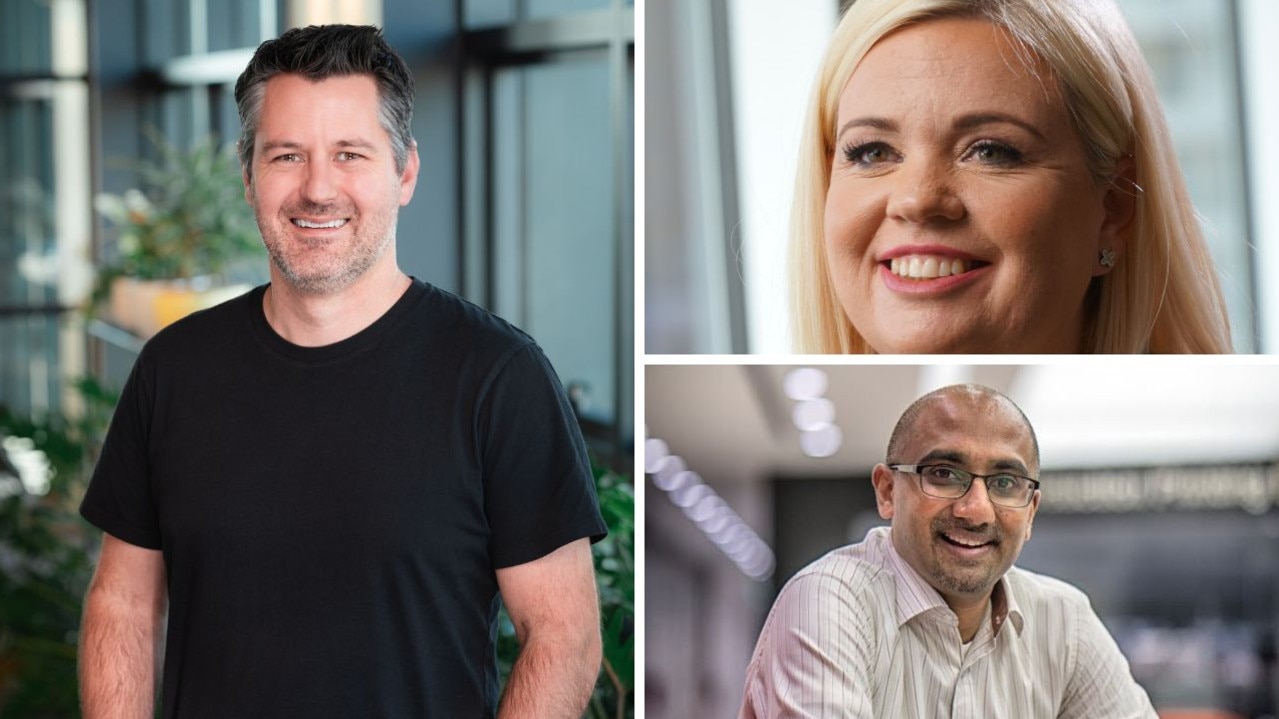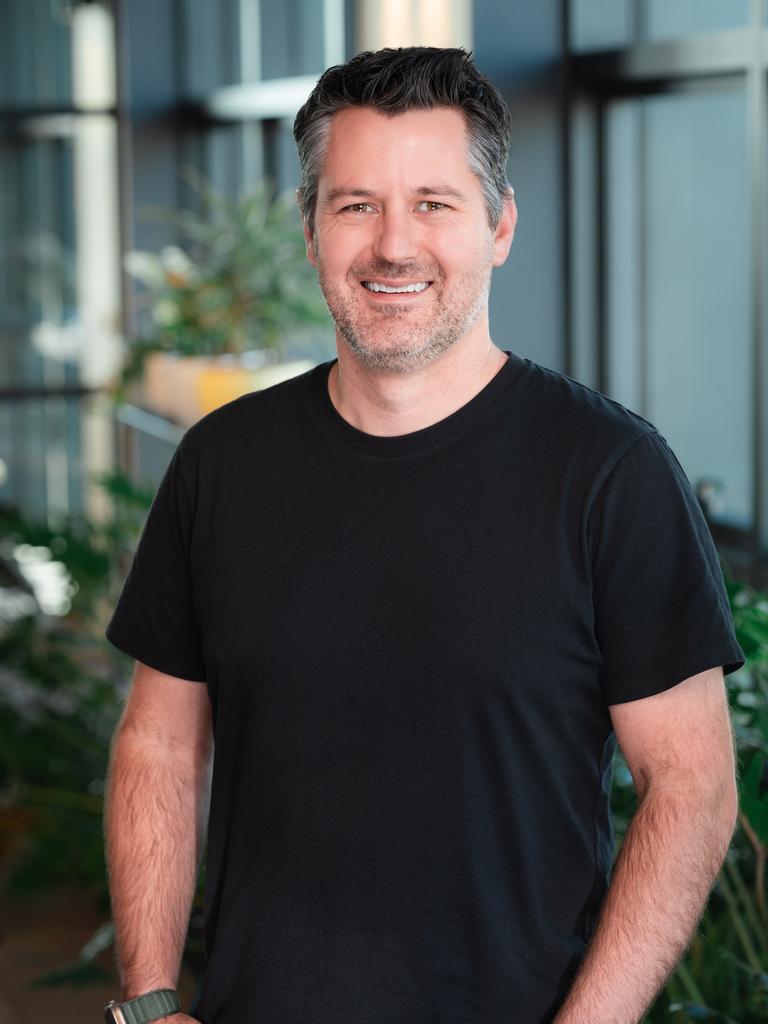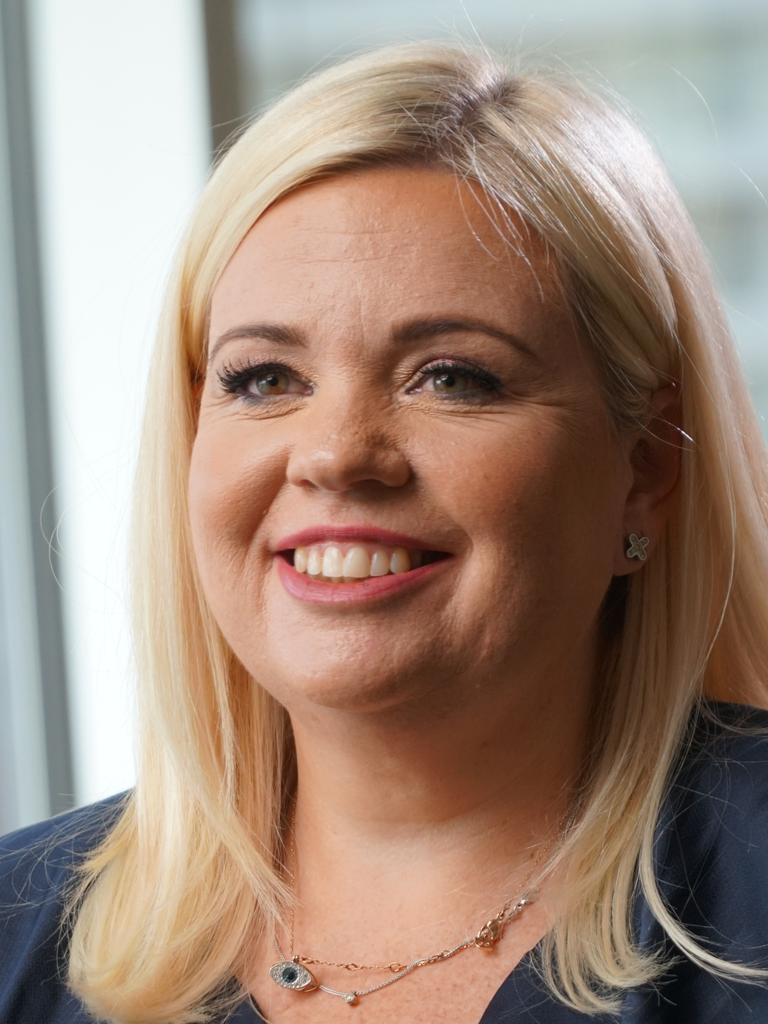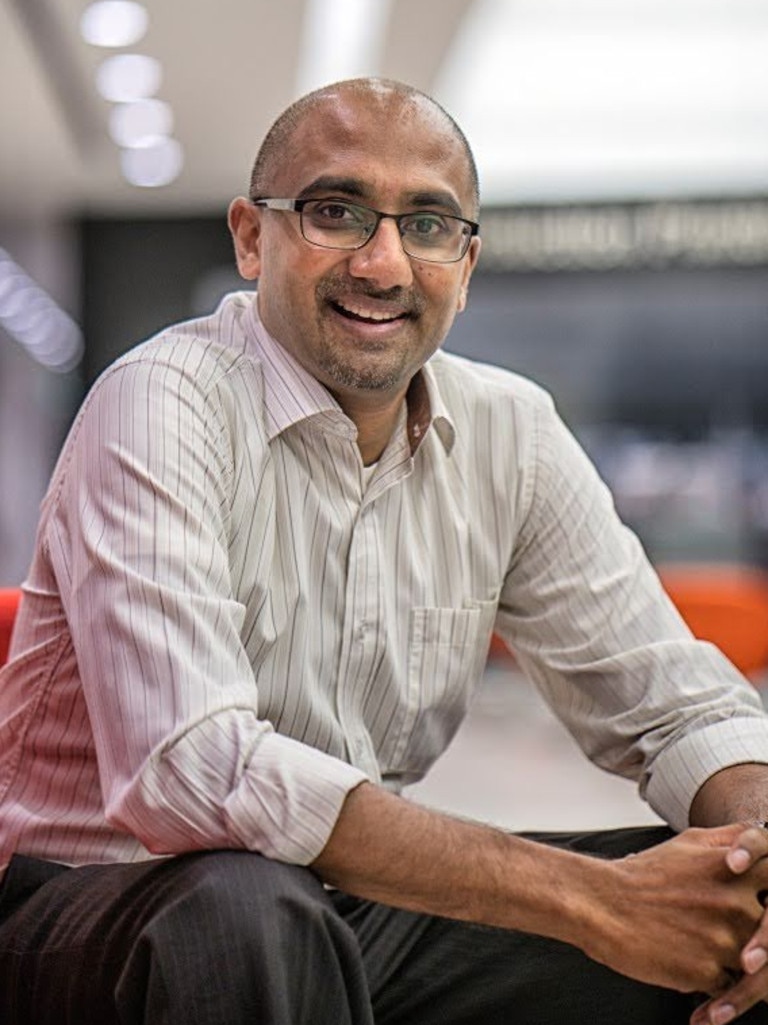Australia’s AI chiefs: Meet the artificial intelligence gurus at Seek, Salesforce and Oracle
It’s set to ‘change every organisation either from the inside or the outside’ and these three chiefs have a front-row seat of how AI is transforming big companies.

Artificial intelligence has a major role to play in getting Australians a job and even helping them to perform in the role, but the technology shouldn’t apply on their behalf.
That’s the view of Seek’s head of AI Grant Wright, who tells The Australian the listed jobs platform believes its role should be to show jobseekers the positions they may not have otherwise considered.
Mr Wright is one of the people leading the way in AI across the country, from a cohort of managers who have been tasked with taking the rapidly developing technology to transform the way their company works.
He studied economics and software development but when he left university, he neither wanted to be an accountant or write code and later ended up in management consulting. He joined Seek in 2016 to run a data science and AI team of around 30 people. Today that team has over 50.
When asked about AI, Mr Wright explains the technology as “machines doing things we would typically associate with human intelligence”.

“In maths, we take data and apply rules to get an outcome or an answer. With AI we take data and outcomes from the past to generate new rules that help predict future outcomes,” he said.
His prediction for the year ahead is a rise in AI agents, those are chatbots which leverage the technology to perform tasks.
“I think as AI technology improves, we’ll see a rise in AI agents, that is kind of AI that can understand a broad goal or objective, break it down into tasks and then go and execute that task to achieve a goal,” he said.
“That could be something like renegotiating my electricity contract and signing me up to the best deal across all providers every six months.”
Over at Salesforce, the multinational US tech giant which is often described as the largest tech company nobody has heard of, Rowena Westphalen is the senior vice president for innovation AI and customer advisory.
Ms Westphalen has been in the space of analytics since the late 90s and was formally trained in what was at the time called computer data processing, which she said was “the early version of an information technology degree”, which she earned at The Cape Peninsula Institute of Technology in South Africa.
Given the nature of Salesforce as a tech company, “most of my focus is talking to customers about AI and how they can take advantage of it”, she said.
“If I’m at a barbecue I would simply say that AI is there to take the manual work out of the life we have. I then kind of joke and ask, ‘but when is it going to do my laundry for me?’.”
How it affects her day job is it is “transforming every type of business application we roll out”.
“Internally it’s made a massive difference as we’re using it to automate manual processes,” she said. Salesforce staff took advantage of AI features in messenger platform Slack, which the company owns, to summarise messages and meetings.

On her prediction for 2024, Ms Westphalen believes predictive AI and generative AI will begin to merge.
One case will be in online retail sales, where clothing brands won’t just offer similar items to complete a look but they’ll be able to leverage a conversational interface which lets customs ask questions about what clothing might pair with or how to change a look, she said.
“The generative AI won’t take over the predictive element, which you’ll need to work out what the complimentary products are, but I think we’ll see more leverage of that predictive AI in a conversational setting.”
At one of Salesforce’s major competitors Oracle, it’s Chris Chelliah who leads AI integration not only across Australia but Japan and the Asia Pacific.
Mr Chelliah studied a bachelor of computer and mathematical science at the University of Western Australia.
Prior to joining Oracle more than two decades ago he had worked with the WA Government in data and application development roles and briefly Rio Tinto running the mining companies IT systems.
“AI is really about role reversal. Instead of us learning, we’re now asking the technology to learn,” he said, when asked how he explained AI to others.
“The number one programming language is now your first language. In my case it’s English, and interaction with AI is becoming increasingly conversational.”
One of the biggest differences surrounding interaction with AI now was that it was multi-modal and it was no longer about asking and receiving a single answer, rather there was a back and forth between the technology and people.
How AI has changed his job is the shift to know how to train AI on information. “The shoe is now on the other foot,” he said.
“AI is all about learning and now we’re learning how to train AI.”

When it came to solving customer problems, AI has allowed Oracle to talk more casually and focus less on technical fixes, he said. “We’ve broadened who we speak to now, speaking more to the heads of innovation, the heads of AI, the heads of arts and philosophy and people with marketing backgrounds,” he said.
As for his prediction on how AI will change the world this year, it’s that AI might actually give people more time back at work.
“I think it’ll change every organisation either from the inside or the outside. We are breaking down the communication walls between technology and us,” he said.
“With every technological advancement to date, we have continued to have to work just as hard and just as long but for the first time, I think the efficiencies of AI will actually set us free and, you know, give us some time back.”
More from this series: Meet the AI chiefs transforming NAB, Deloitte and Canva.
More Coverage
Originally published as Australia’s AI chiefs: Meet the artificial intelligence gurus at Seek, Salesforce and Oracle





